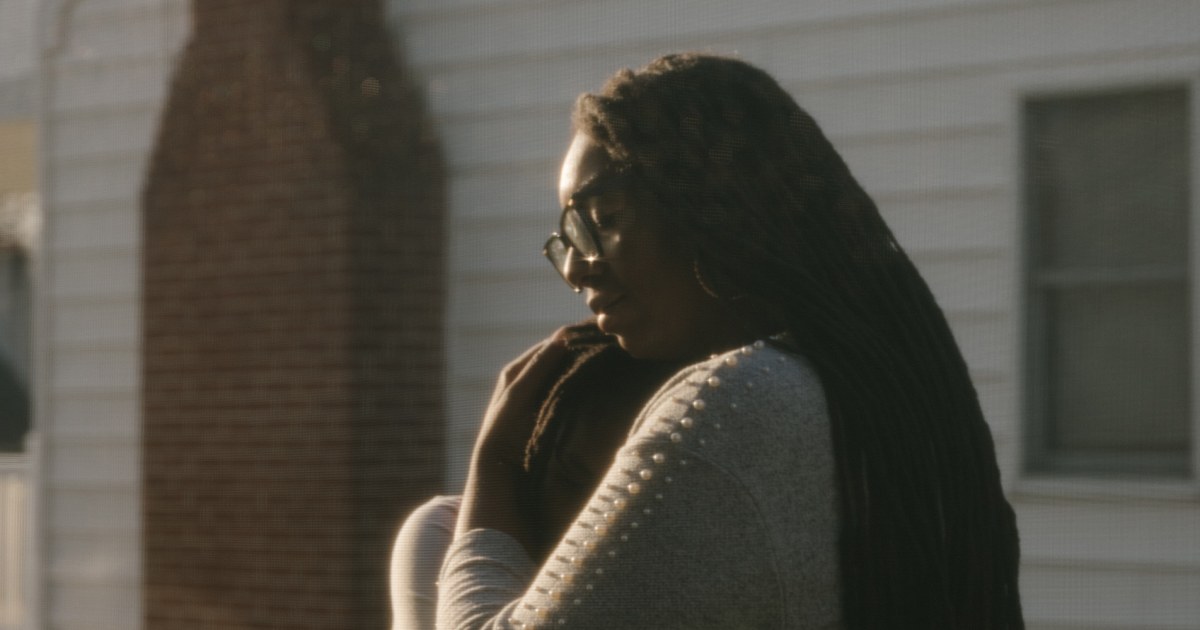Jennifer Benton’s daughter was just 5 years old when her kindergarten teacher pointed out something unusual: the young girl was developing breasts.
“It was really alarming,” said Benton, 39. “She may have been a tall little girl, but she was still a little girl.”
It was 2019 and the little girl loved playing with dolls, going out for ice cream, and watching her favorite Nick Jr. cartoon, “Bubble Guppies.”
“How is her body older than her actual age?” Benton remembers asking. At the teacher’s suggestion, Benton took the girl to see her local doctor in Ashtabula, Ohio.
At the time, Benton had never heard of precocious puberty. Having grown up in the Black community, where early puberty rates are among the highest in the U.S., Benton had known 7- and 8-year-old girls who’d had their periods or needed bras. But nobody in Benton’s family realized there was an actual medical diagnosis, or that prescription hormone treatments called puberty blockers could help slow the physical changes, if needed.
Chicken nuggets full of growth hormones entered the chat …
deleted by creator




